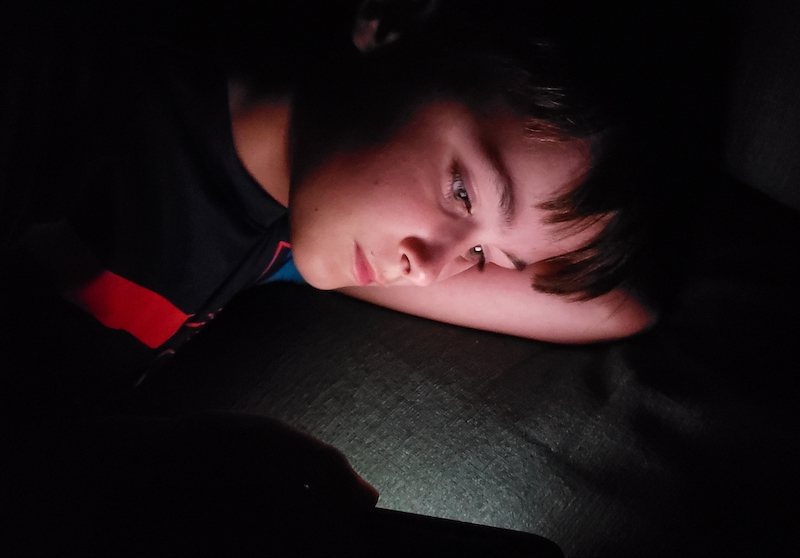Truth About Tech
Worried about children’s screen addiction? You’re not alone.

Screen Violence:
Widespread violence in TV and video games causes elevated aggression and desensitization (Murray, 2008). ICMC teaches children to notice and share feelings and thoughts about screen time, boosting emotional intelligence and empathy. This diminishes aggressive tendencies. Further, children spontaneously reduce exposure to violent or inappropriate content, and to screens in general


Diminished Vocabulary & Language:
Excessive media exposure hinders language development in young children (Tomopoulos, 2010). ICMC’s analytical, enquiry-based methods expand communication opportunities around screen time fivefold. Discussing with parents and peers improves higher order thinking
Screen Addiction:
World Health Organization classifies gaming addiction as a disease (2018); while screen addiction is linked to depression, poor mental health, insomnia, self-harm, and suicidal thoughts (Oshima, 2012) ICMC’s neuroscience-based, mind-body techniques stimulates the cerebral cortex during screen time, rather than the limbic system (which is usually active during screen use). This orients children to questioning and discussing screen content, mitigating the tendency to respond to content with overly emotional reactions and addictive behaviors


Obesity & Physical Dangers:
Obesity, diabetes and heart disease are strongly correlated to screen use (Robinson, 2018). Meanwhile, distraction due to screen use leads to injury, even death, among hundreds of thousands (Grabmeier, 2013) ICMC programs integrate physical activity into tech use – an antidote to sedentary viewing. They also strengthen children’s concentration, and condition them to use screens with purpose and self-awareness – an antidote to absent-mindedness and overly long screen use
In today’s Digital Age, children are going to spend lots of time with technology. It’s up to us to ensure that screen time supports, not slows, their development. ICMC can show you how!

